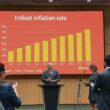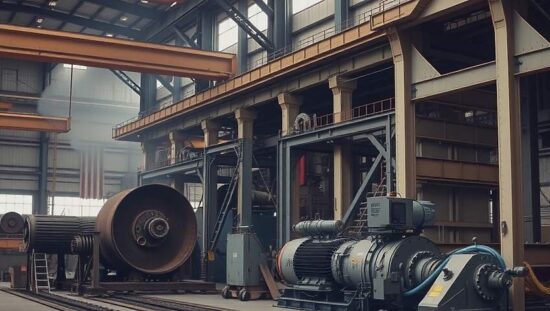The looming “Steel Summit” at the Chancellery is escalating calls from within the Christian Democratic Union (CDU) within the European Parliament, urging the German government to unequivocally endorse EU tariffs on Chinese steel imports. EU parliamentarian Dennis Radtke, in comments to “Der Spiegel”, criticized past approaches under the current coalition government, labeling them insufficient due to an over-reliance on analysis and photo opportunities. He emphasized the “essential” need for the German government to fully support the EU Commission’s proposed trade measures specifically targeting the steel sector.
The core argument revolves around concerns regarding what’s being described as “unfair competition” originating from China, which Radtke believes cannot be effectively managed without decisive action. Beyond tariffs, he also stressed the necessity for revisions to the European Commission’s “action plan” designed to cultivate a competitive and decarbonized steel and metal industry within Europe.
Fellow EU parliamentarian Christian Ehler echoed Radtke’s sentiments, asserting that the Chancellery summit must yield tangible and impactful outcomes for the German steel industry. He demanded both immediate stabilization measures and a robust long-term strategy safeguarding the future of European steel production.
Ehler’s call also incorporated a veiled critique of previous government policies. He explicitly linked the potential implementation of EU-sanctioned trade protections and the financial viability of an industrial electricity price with “a overdue admission of the partially bankrupt energy policy of the preceding government.
The European Commission’s recent proposal centers around a significant reduction in duty-free imports for Chinese steel, limiting them to fifty percent of current levels. Any imports exceeding this threshold would be subject to a tariff of fifty percent. A pivotal “Steel Summit” is scheduled for next Thursday at the Chancellery, where this critical issue is slated for debate and potential resolution. The summit’s outcome is expected to significantly shape Germany’s stance on trade policy and its commitment to supporting a struggling domestic steel sector, raising questions about its willingness to publicly confront past policy failures while navigating complex geopolitical relationships.





